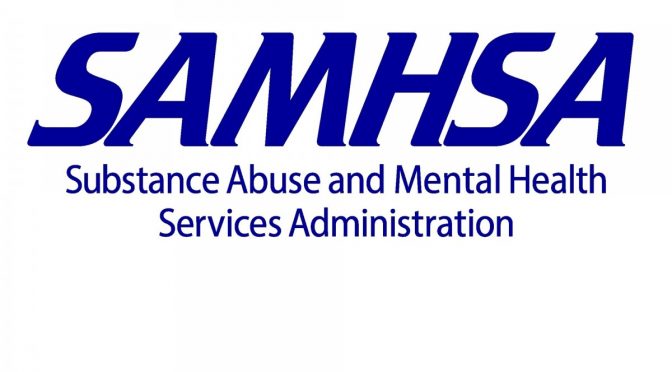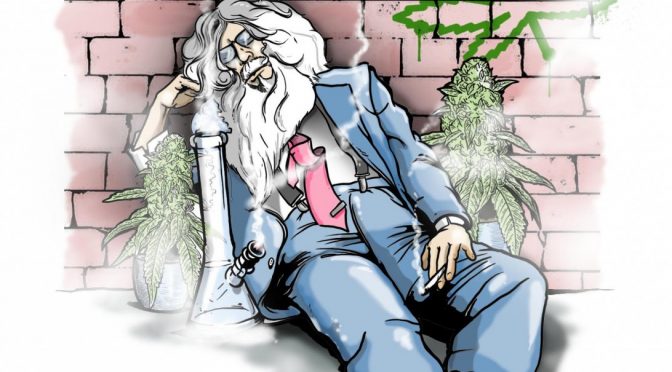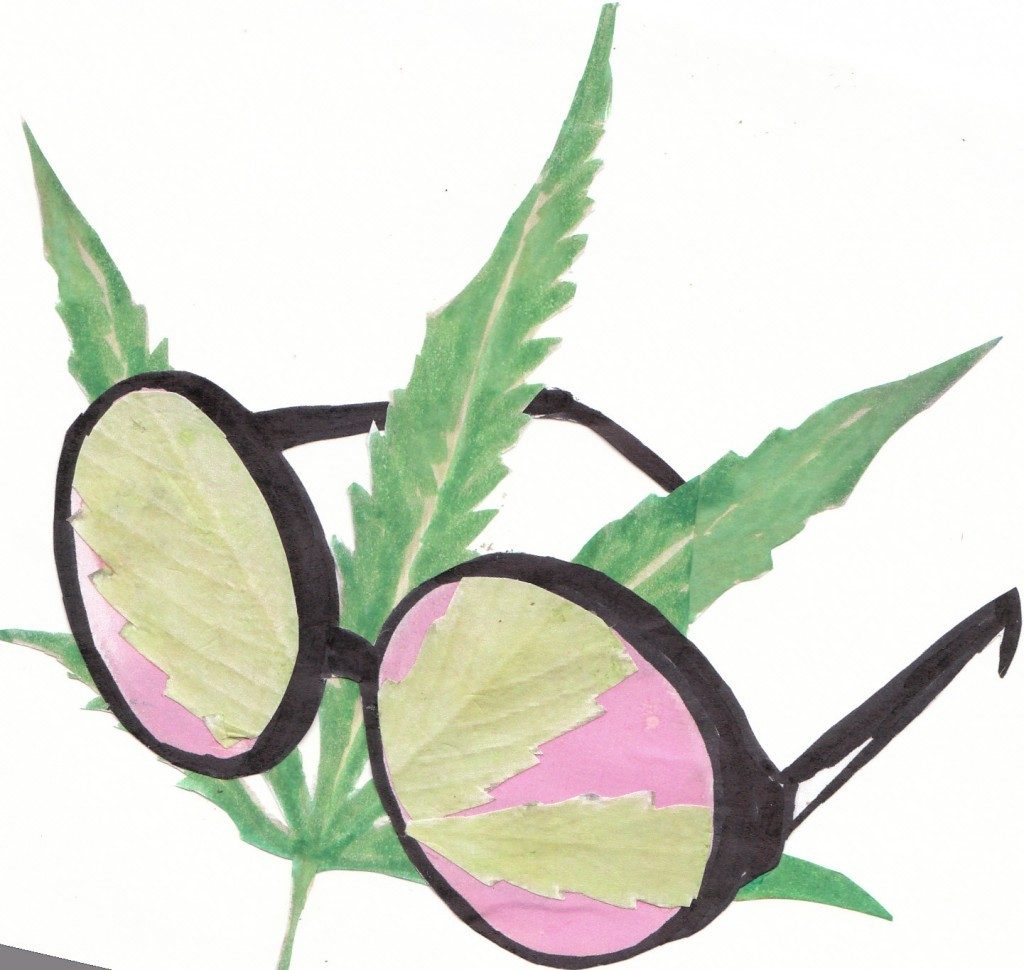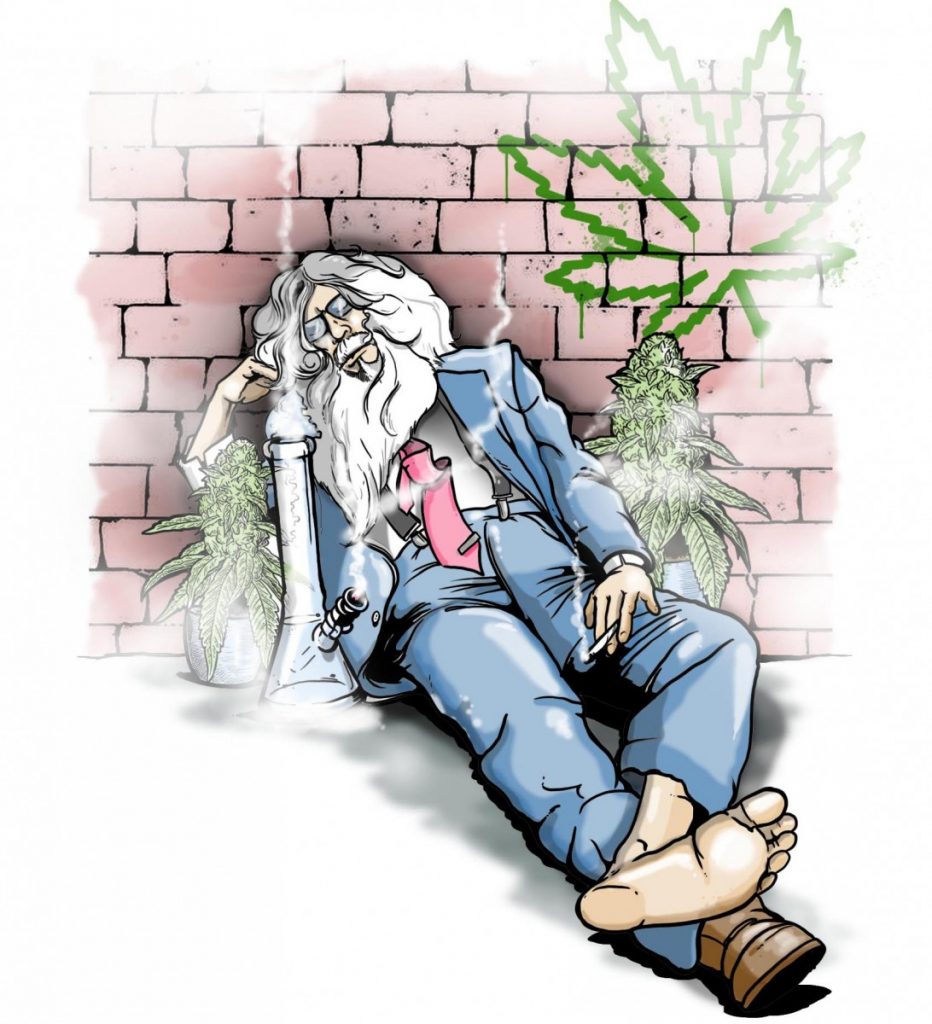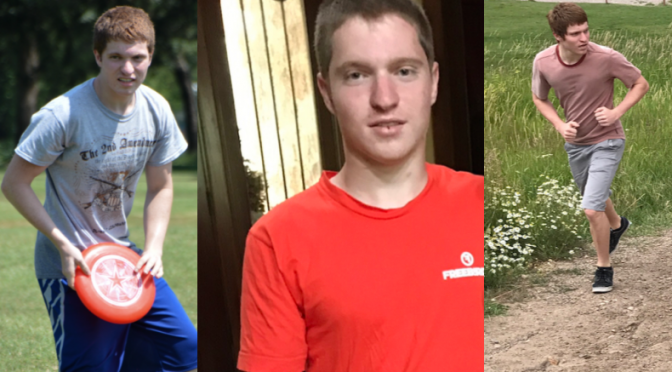On August 20, The Substance Abuse and Mental Health Services Administration released the 2018 Annual National Survey on Drug Use and Health (NSDUH), the most comprehensive survey on drug use. According to the survey, 45,000 more teenagers are regularly using the drug, marijuana users are more likely to abuse opioids than non-users, and levels of marijuana use disorder continue to rise.
According to the study, approximately 4.4 million people aged 12 and older had a marijuana use disorder in the last year. Breaking this out further, 2.1 percent of youths aged 12-17, 5.9 percent of young adults aged 18-25, and 0.9 percent of adults 26 and older suffered from a marijuana use disorder. The percentage of young adults with a marijuana use disorder is significantly higher than last year and is the highest it has been since 2004.
At the same time, the mental health problems in young adults ages 18-25 are growing. This age group that suffers the most from cannabis use disorder. It’s hard not to see the mental crisis is related to the increasing use of marijuana and the increased potency of the marijuana that has come with legalization. Mental health care is the weakest link in our health care system and the increase in drug use exacerbates the issue. Last year it was found that
The latest statistics
The data on use in American youth aged 12-17 show an upward trend in use rates over the last few years, with use among this population at 12.5 percent. According to the report, about 1 in 8 (or 3.1 million) adolescents were past year users of marijuana. Almost 12 million young Americans 18-25 (34.8 percent) reported past year use. This percentage is on par with 2017 levels and continues to represent the highest level of use in the past 25 years.
Additionally, the study found 15.4 percent of past year daily marijuana users reported past year opioid misuse, 19.1 percent reported past month heavy alcohol use, 17.1 percent reported past year cocaine use, 4.1 percent reported past year methamphetamine use, 17.9 percent reported a major depressive episode, and 14 percent reported a serious mental illness. Continue reading Latest survey raises concern about pot

